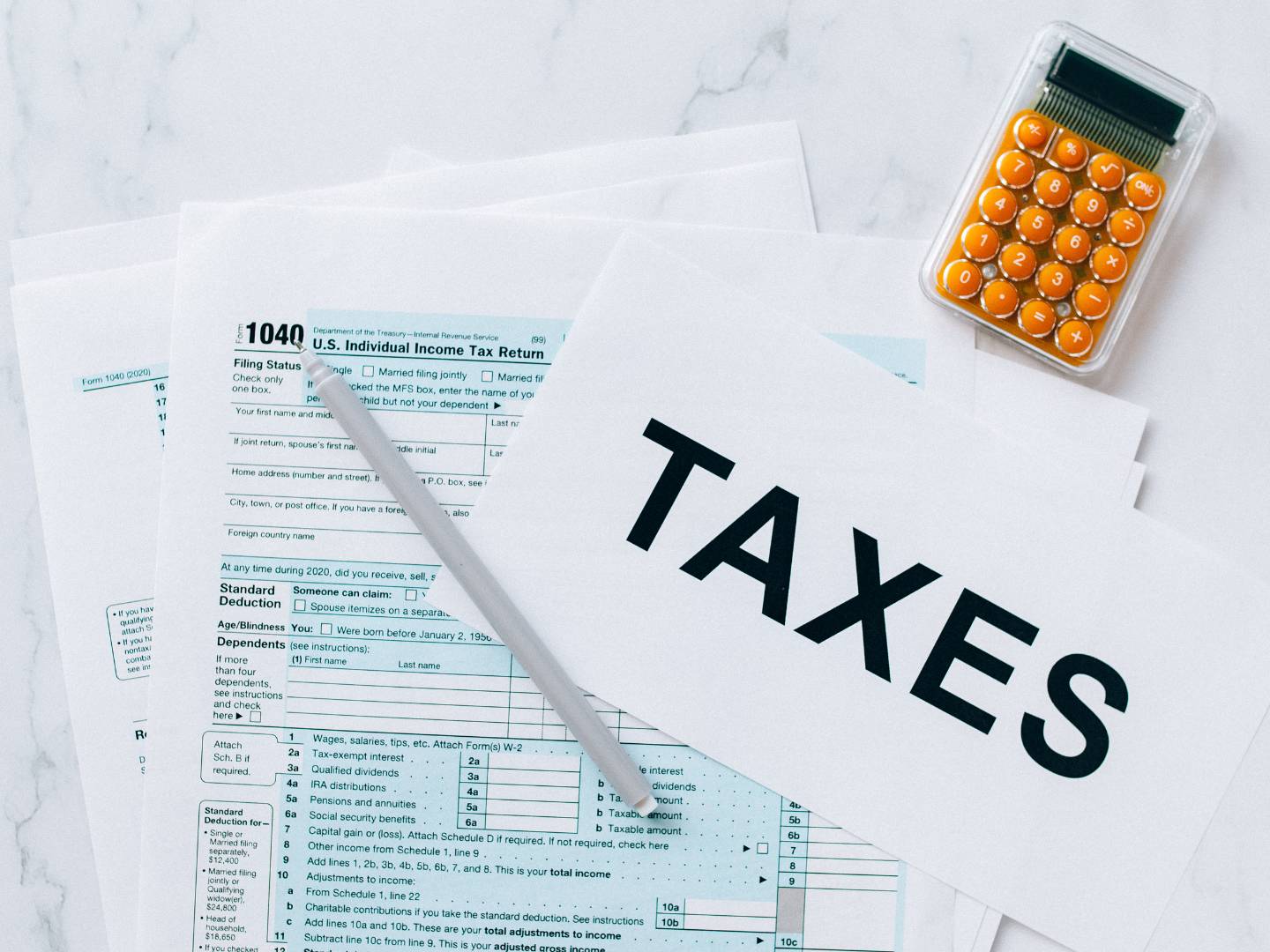Cost of living Belgium 2024: Expenses for internationals
Discover the cost of living in Belgium by exploring expenses for rent, utilities, transportation, healthcare, food, and leisure to see if it's within your budget!
Angelina
Before you can firmly decide whether to move somewhere, you should consider if you can actually afford it. This is why understanding the cost of living in Belgium is a great place to start!
In this guide you’ll learn about the average cost of living in Belgium:
- how much is the rent in Belgium and utility costs
- food prices and average monthly grocery costs
- leisure costs
- healthcare costs
- transportation costs
- study costs
We’ll also put things into perspective and compare the prices in the popular Belgian cities and European capitals so that you know if you’re making the right choice!
Ready to budget?
What is the cost of living in Belgium?

The cost of living in Belgium per month is around €1,565 (US$1,692) for a single person living in a 1-bedroom apartment in a city centre.
Living in Belgium isn’t cheap, but its relatively high cost of living goes hand in hand with high salaries and a high living standard.
The cost of living in Belgium for a family of 4, living in a 3-bedroom apartment in the city centre, is roughly €4,075 (US$4,406).
Here’s the breakdown of your potential monthly expenses in Belgium:
| Expense | Average cost |
|---|---|
| Housing (studio, city centre) | €808 (US$874) |
| Utilities (electricity, gas, water, internet, garbage) | €238 (US$257) |
| Monthly public transport pass | €49 (US$53) |
| Fitness club | €28 (US$30) |
| Groceries | €250 (US$270) |
| Leisure | €200 (US$216) |
How much does it cost to rent in Belgium?
Let’s take a look at the average rental prices in the largest Belgian cities to understand how much rent costs in Belgium.
| City | Average rent (1-bedroom, city centre) |
|---|---|
| Brussels | €1,200 (US$1,264) |
| Ghent | €920 (US$995) |
| Antwerp | €890 (US$962) |
| Liege | €700 (US$757) |
As you can see, renting in Belgium is relatively cheap, with the cost of living in Brussels being the highest in the country.
The even better news is that it’s not as hard to find a place to live in Brussels as it would be in Amsterdam or Berlin. But watch out, the most common rental contracts in Belgium are those of 9 years. So you should get familiar with your obligations and and tenant rights to avoid an expensive penalty for terminating your contract early!

How does the cost of living compare to the Belgian salaries?
It’s helpful to compare the cost of living with the average salaries as you can determine how much you need to earn to support yourself and your ideal lifestyle.
The average monthly income in Belgium after taxes was €2,428 (US$2,625) in 2021.
So, assuming you earn the average salary and spend around €1,565 (US$1,692) to cover your basic needs, you’d still have around €863 (US$933) each month to set aside.
Keep in mind that it b certain experience to cross the average salary threshold. When you just start working in Belgium, your salary will likely be a couple of hundred euros lower. And if you’re a non-European citizen on a specific work permit, such as an EU Blue card or ICT manager, you’re in luck. The minimum wage for these permit holders is often higher than the average income in Belgium!
Utility costs in Belgian cities
Your monthly utilitiy costs in Belgium depend not only on the city you live in but also on your consumption and the size of your accommodation. You can expect to pay somewhere within a range of €150 – €300 (US$162-345) for electricity, water, heating, internet and garbage.
For a better overview, we’ve compared the average utility prices for an 85m2 apartment in the most popular Belgian cities, taking into account unlimited internet of 60 Mbps.
| City | Utilities 85m2 |
|---|---|
| Brussels | €240 (US$260) |
| Ghent | €220 (US$238) |
| Antwerp | €240 (US$260) |
| Liege | €260 (US$281) |
Food costs in Belgium
On average, you’ll spend around €250/month (US$270) on groceries in Belgium. But, of course, it can get more or less expensive, depending on your eating habits.
If you’re on a tight budget, try to do most of your groceries at Colruyt, Lidl and Aldi and watch out for weekly discounts and bonuses at Albert Heijn.
If you want to eat out every now and then, expect your average expenses to go up. For example, a meal at an inexpensive restaurant would cost you between €15 (US$16.22) to €18 (US$19.46). Prepare to pay around €3.50 (US$3.78) for a cappuccino or €2.90 (US$3.14) for a cup of filter coffee at a speciality coffee shop.
Healthcare costs in Belgium

The Belgian health insurance is mandatory and largely funded by your social security contributions. Each month, 13.07% is taken from your gross salary and another 25% is paid by your employer. The only expense for you is an €8 (US$8.65) monthly membership fee to join your health insurance fund. It covers all the maternity costs, basic dental costs, up to 20% of prescription costs and 50–75% of the costs for doctors, hospitals, and clinics. For example, you’ll normally pay only €4 (US$4.32) for a GP consultation, once your costs are reimbursed.
In case you’re not paying social security contribution (e.g. as a student), you’ll instead have to pay a quarterly legal contribution on top of the monthly membership fee. That legal contribution depends on your taxable income in Belgium or abroad and ranges from €0 to €785.10 (US$762) per quarter.
Transportation costs in Belgium
Belgium is very well connected with public transport and it’s easy to get from A to B, both within a city and from one city to another. That said, we wouldn’t recommend using a car as the traffic congestion is real!
Luckily, Brussels public transportation network boasts a pretty good underground connection, at least within the central areas. As for other cities, your best bet is a bike!
Transportation prices will vary slightly across Belgium. A single public transport ticket will typically cost between €2.10 (US$2.27) and €2.50 (US$2.70). Monthly passes cost between €37.50 (US$40.55) and €49 (US$53).
Leisure costs in Belgium
Once you move to Belgium, keep some budget aside to have fun!
Here's an idea of how much you can expect to spend on leisure activities in Belgium:
- Cinema tickets usually cost about €12 (US$12.97)
- Nightclub entry (early bird) will usually cost between €10 (US$10.81) and €12 (US$12.97)
- A monthly gym membership will cost between €24 (US$25.95) and €40 (US$43.25)
- Museum tickets typically cost between €10 (US$10.81) and €15(US$16.22)
Study costs in Belgium

Universities tuition fees in Belgium
Studying at Belgian universities is generally quite affordable compared to the nearby Netherlands, France and Germany or English-speaking countries like the United States and the UK. As an EEA-student you can expect to pay around €1,000/year (US$1,084). While as a student from a non-EEA country, you should prepare to cough up anywhere between €1,000 – €8,000 (US$1,084-US$8,650), depending on your study program and the number of credits required.
Luckily, students from the least developed countries, pay the EEA rate in the universities of Wallonia and Brussels. And if you don’t qualify, you can ease your financial burden by applying for one of the available scholarships or grants.
Last but not least, don’t forget that textbooks aren’t cheap these days. You’ll spend around €400 - €800/year (US$433-US$865) only on your study materials. Good thing, you can sell them afterwards!
Schooling costs in Belgium
Public schools in Belgium are tuition-free as they’re funded and operated by the Belgian government. But that also means that your kids would be taught in the official language of the region where the school is located.
If your kids are older and have very little understanding of Dutch or French, you can opt for one of the international schools where the curriculum is English or bilingual. Tuition fees in private and international schools range anywhere from €6,000 to €35,000 (US$6.487-$37,844) a year.
This sums it up! As you can see living in Belgium isn’t that expensive after all!
Ready to pack your bags? Then it’s better to start looking for your dream home in Belgium early. Then you’ll surely find something that fits your budget!
This article is for informational purposes only.
Please reach out to content @housinganywhere.com if you have any suggestions or questions about the content on this page. For legal advice or help with specific situations, we recommend you contact the appropriate authorities.
Related articles
In this article
Moving to Belgium?
Find accommodation in cities across Belgium. Book the place of your dreams from verified landlords even before relocating!
Start my Search

